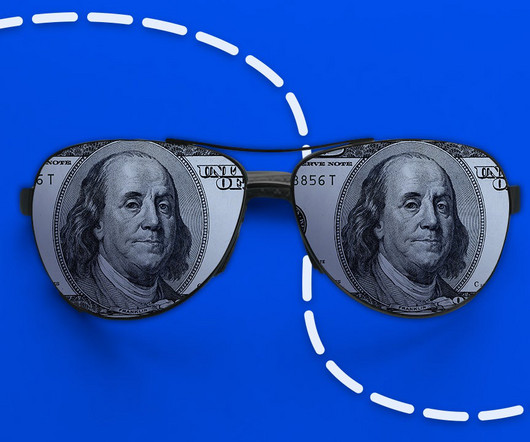So You’ve Maxed Out Your Emergency Fund – Now What?
Prairie Eco-Thrifter
AUGUST 12, 2013
Personal financiers will frequently advise that you have an emergency fund of 3-6 months of expenses in your bank account at all times. Saving up this chunk of change can take a long period of time, especially if you have a high expense to income ratio, which many people do (especially if you’re paying down debt). .












Let's personalize your content